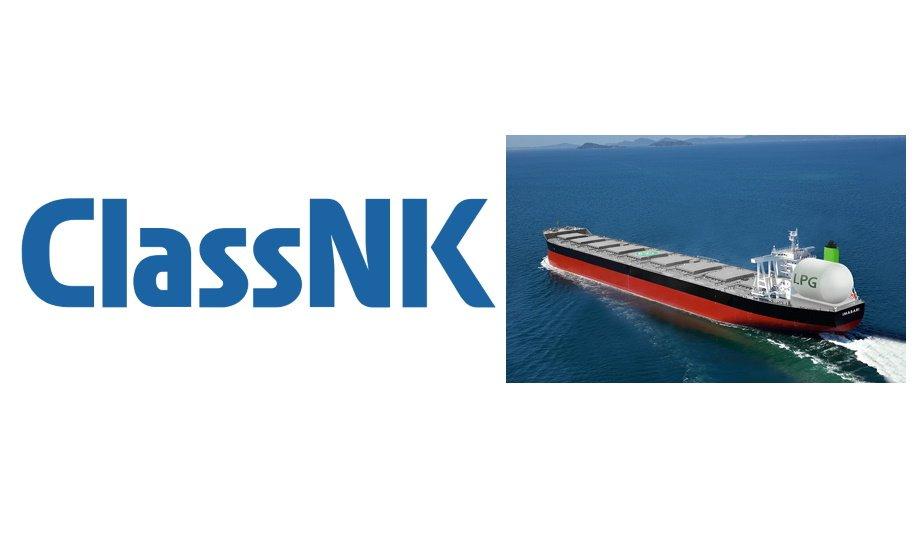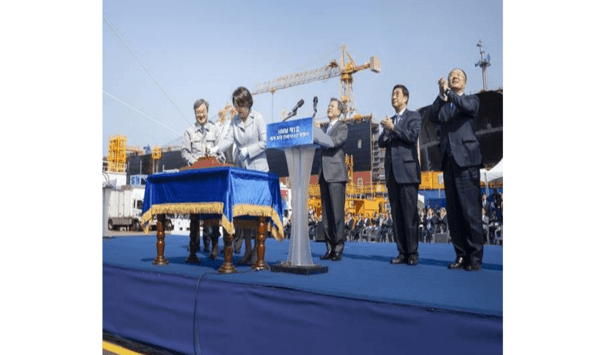Tokyo – Leading Classification Society, ClassNK has granted an Approval in Principle (AiP) to Imabari Shipbuilding Co., Ltd., for their concept design of a 180,000 DWT LPG dual fuelled bulk carrier, developed in cooperation with Mitsubishi Shipbuilding Co., Ltd.
Approval in Principle (AiP)
The AiP was granted to the concept design, based on ClassNK’s Guidelines for Ships Using Low-Flashpoint Fuels and its Rule Part GF (regulation for ships using low-flashpoint fuels), incorporating ‘International Code of Safety for Ships using Gases or other Low-flashpoint Fuels (IGF Code)’, the current IMO Res. MSC.391(95) and the MSC.458(101) revision planned for release in 2024. This was the first LPG dual fuelled bulk carrier in the world to be granted an AiP.
The main features of the design announced by Imabari Shipbuilding Co., Ltd. are as follows - As one of the merits of this design, it eliminates the necessity for special consideration of boil off gas, with this design handling LPG at room temperature and high pressure, which makes the ship’s operation easier.
LPG tank installed in the aft area of the bridge
The ship has been designed with extensive consideration towards cost competitiveness
In addition, the ship has been designed with extensive consideration towards cost competitiveness, by eliminating to use low-temperature materials, such as stainless steel and cryogenic insulation. LPG tank is planned and designed to be installed in the aft area of the bridge and with round-trip distance capacity between Japan and Australia.
And, as for supplying LPG to the ship, nowadays, LPG supply bases and infrastructure facilities are globally more developed and improved, which makes the ship’s operation more flexible. This is another motivation to create this design.
Alternative fuels besides LNG (Methanol/Ethanol/LPG) have lower flashpoints, when compared to traditional fuels, therefore, particular attention needs to be given to ensuring adequate safety precautions, when using low-flashpoint fuels, in order to decrease the potential risk of fire and explosions that may arise, as a result of fuel leakage onboard the ship.
IGF Code adopted in design
International safety requirements for low-flashpoint fuels have been discussed at the International Maritime Organization (IMO) and as a result, the International Code of Safety for Ships using Gases or other Low-flashpoint Fuels (IGF Code) has been adopted and enforced. The current code however, does not address specific regulations for alternative fuels other than LNG.
Accordingly, in 2019, ClassNK released guidelines that outline safety requirements for other viable alternative fuels besides LNG, based on the latest technology and regulation trends, in order to promote the design of alternative fuelled ships.










